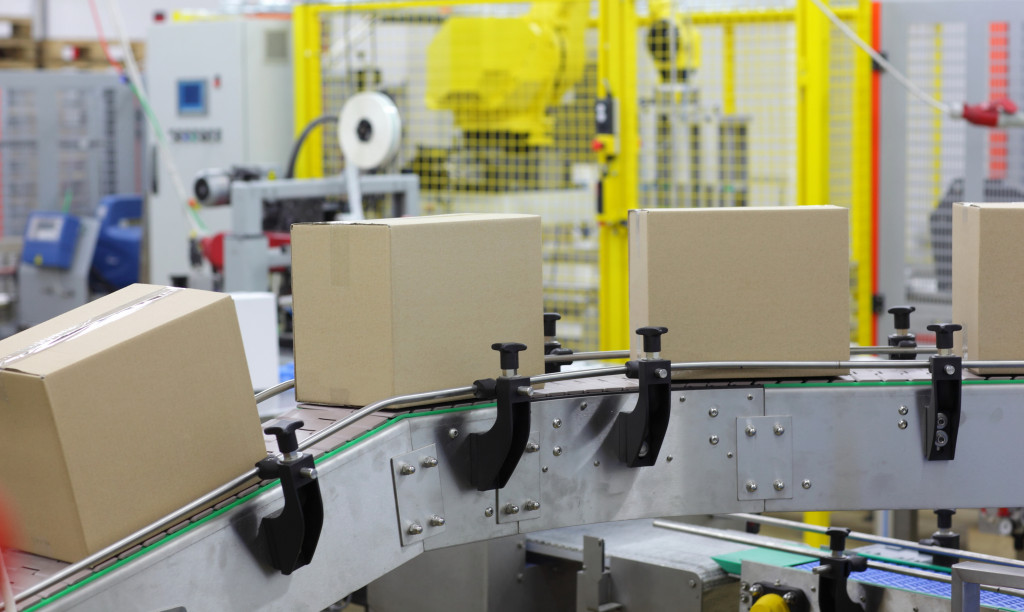As a business owner, you’re always looking for ways to improve productivity and efficiency in the workplace. One way to do that is to ensure that your employees have the skills to lead productive discussions. And one of the best ways to develop those skills is to hold a facilitation workshop.
In a facilitation workshop, participants learn how to lead discussions effectively, taking into account the group’s needs and the discussion’s goals. They also learn to use different facilitation techniques, such as brainstorming, role-playing, and problem-solving. By the end of the workshop, participants will have developed the skills they need to lead productive and effective discussions in the workplace.
Benefits of Holding a Workshop
The benefits of holding a workshop are numerous. Not only will it help improve productivity in the workplace, but it will also help develop leadership and communication skills among your employees. In addition, holding a facilitation workshop can be a great team-building exercise. By bringing employees together to learn new skills, you’ll foster a sense of camaraderie and teamwork that can benefit your business as a whole.
Some benefits of holding a workshop include the following:
- Improved productivity and efficiency in the workplace
- Developed leadership and communication skills among employees
- Fostered a sense of camaraderie and teamwork; and
- Provided an opportunity for employees to learn new skills
If you’re looking for ways to improve productivity in your workplace, consider holding a facilitation workshop. It’s an investment that will pay off in many ways.
How to Hold an Effective Workshop
One of the keys to holding an effective facilitation workshop is choosing the right facilitator. The facilitator should be someone with experience leading facilitations who is familiar with your company’s culture and values. In addition, the facilitator should be able to create a safe and open environment where all participants feel comfortable sharing their ideas.
When selecting a facilitator, it’s also important to consider the cost. Facilitation workshops can be expensive, so you’ll want to ensure you’re getting value for your money. To get the most bang for your buck, look for a facilitator who offers discounts for businesses or who is willing to work with you to create a custom package that meets your needs and budget.
Once you’ve selected a facilitator, it’s time to start planning your workshop. The first step is to decide what topics you want to cover. Some common topics include brainstorming techniques, problem-solving strategies, and conflict-resolution skills. Once you’ve chosen your topics, it’s time to start creating your schedule. The agenda should be designed to meet the specific needs of your company and employees.
Before you begin writing the agenda, it’s vital to understand the participants and the workshop’s goal. This will ensure that the workshop is conducive to their knowledge and comprehension of why they are there. The schedule should also be planned with the group dynamic in mind. If you’re dealing with a big group, you might want to split it into smaller groups for some activities.
Remember that each employee has a learning style and preference when building your agenda. Some people prefer activities such as presentations or small group discussions, while others would rather do things interactively. You’ll guarantee that everyone benefits from the workshop by considering various learning styles.
Once you’ve created your agenda, it’s time to promote your event! The more people participate in the workshop, the more beneficial it will be for your company. To get employees excited about attending, try sending out emails with information about what they can expect from the event or posting flyers around the office promoting the event. You can also provide incentives for employees who attend by offering prizes or certificates of completion at the end of the event.

Plan for the Coming Days
It’s critical to plan for the workshop itself, but it’s just as important to consider what will happen afterward. After all, a workshop is only effective if it leads to long-term change in the workplace. Please make certain to follow up with your employees after the session so they can put their new knowledge into practice.
You can follow up with your employees after a workshop by providing extra resources, continuing the conversation, and encouraging sharing. By handing out related books or informational website lists, you give your workshop attendees access to more in-depth knowledge on the topics covered. You can also answer any questions they have about what they learned or host mini-workshops or presentations led by them on the topic areas!
Aside from staying in touch with employees, you should also assess how successful the workshop was. To do this, give a survey to those who attended about their attitude and perception changes before and after the event. You can also measure employee productivity or customer satisfaction levels to see if there’s been any progress since the workshop. By evaluating the workshop, you’ll be able to modify it for future events so that they’re even better.
Conclusion
Facilitation workshops are beneficial for companies because they help improve productivity by teaching employees how to lead discussions effectively. In addition, facilitating workshops can also help develop leadership and communication skills among employees while fostering teamwork and camaraderie within businesses. If you’re looking for ways to improve productivity in your workplace, consider investing in a facilitating workshop – it’s an investment that will pay off in many ways!


